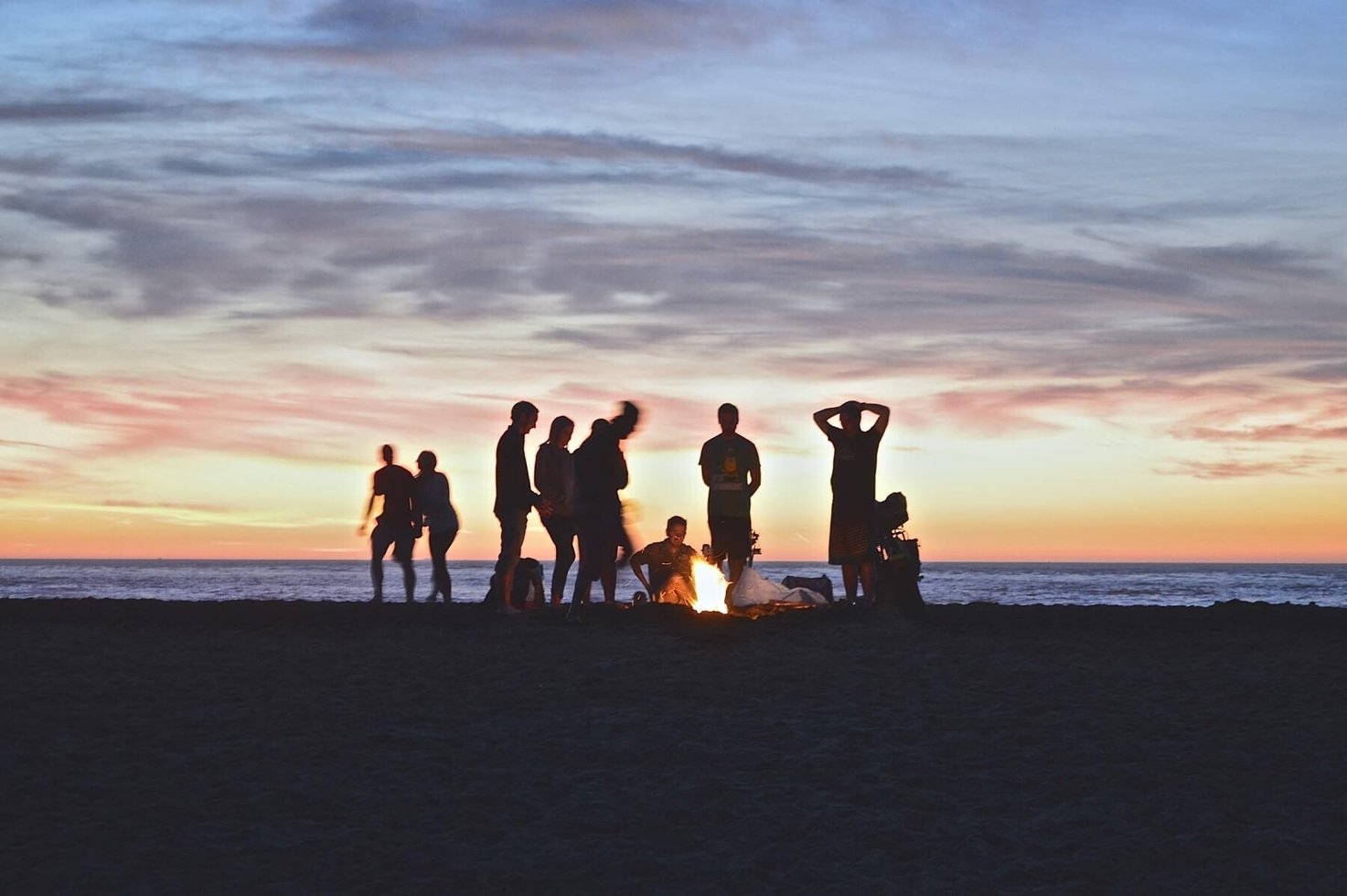In my last post, I talked about how Jason Fried reminded us why he’s a superhero after writing “Remote,” and why building a company on trust and global collaboration (like X-Team and 37signals have done) is so important.
Eight years ago, when we embraced trust as core to everything we do, we gained an incredible superpower – the power of community. And to learn about that, look no further than David Heinemeier Hansson (DHH), the creator of Rails and co-author of “Remote.”
The Rails community is arguably one of the most intelligent and active developer communities today. It started out a decade ago with a Bohemian culture that was all about rejecting the established thinking of how things were supposed to be in programming. DHH had created a rebel’s cause, so to speak, and thousands around the world joined him in that mission.
When a community blossoms out of a set of ideals, beliefs and a core mission, it runs on the fuel of trust and is truly unstoppable. Although communities like that can form in one physical location, they are exponentially more powerful when their stage is the world.
Although the Rails community and culture has lost a bit of that rebel’s edge over the years, it still stands as a strong, tight-knit community of people passionately dedicated to helping one another learn and grow.
And that’s one of the greatest impacts that remote teams & community can have on your life: helping others grow simply makes you happier and it makes you a better person.
Despite what many will tell you, human beings aren’t the selfish creatures they may seem to be. As author Simon Sinek says, we biologically *want *to give to others, and our bodies reward us for doing it, to make us want to do it more.
But traditional organizations that remain chained to their “9 to 5″ offices make their employees’ lives so exhausting and monotonous that the superpower of generosity starts to get stripped away.
Family vs. remote teams
Think about this: Many of us are part of another kind of remote community — family. Most of my relatives, for example, live throughout the U.S. and Canada, so we use collaboration tools like Google and Facebook to maintain our community.
When I talk with friends whose extended families live in the same city as them, the thought of “family” is more like a job than a community. They are always having to attend “meetings” and the act of giving quickly feels more like “being used” because of the frequency.
It’s no surprise then that people who go into a physical office every day feel the same — they feel less a part of a community and more like they’re in a dysfunctional localized family.
As DHH & Fried point out in “Remote,” remote teams tend to keep in-person meetups and even video conferences to a minimum.
Instead, doing a video call with a co-worker is saved for when it’s really needed, thus making it something you never take for granted and find yourself always looking forward to the next one. The result is waking up actually excited at the thought of seeing your coworkers.
The act of giving in a remote team doesn’t feel like “being used” because, as “Remote” points out, giving becomes a way to remind people you’re there. Without a desk for someone to see you in every day, communities still like to retain a sense that everyone is alive and well, and giving turns out to be a quick, easy and extremely rewarding way to remind people you’re there for them.
X-Team was built around trust and generosity
The X-Team community spans more than 20 countries and languages. We are driven by ideals like having the power to create means #sleepcanwait, or that ordinary is not an option. Most importantly though, our community thrives on generosity.
Much like the Rails community, we wake up every morning actually excited to talk to our comrades, hoping there will be an opportunity that we can help someone before they even ask for it.
The entire purpose of our culture is to give back to those who give. We’ve found no better way to represent a worldwide community of people dedicated to generosity than to call them a league of extraordinary superheroes.
Community is about changing the world
DHH is undoubtedly a superhero in our eyes, because to stand tall and defend the remote movement is to promote the power of community and how it can change the world. By learning what it truly means to give to others, to learn from others, and to collectively march toward a mission together, people will realize that a selfless life is the most rewarding.
And whether you learn that through a community like Rails, or working with a league of superheroes like X-Team doesn’t matter. The point is we’re grateful to people like DHH for spreading the word and the vision.
There are so many companies that need to read “Remote.” Although cautious CEOs might think this movement is about working in your pajamas and being unproductive, they’ll be surprised to find David and Jason have started to pave the road for a better world.



